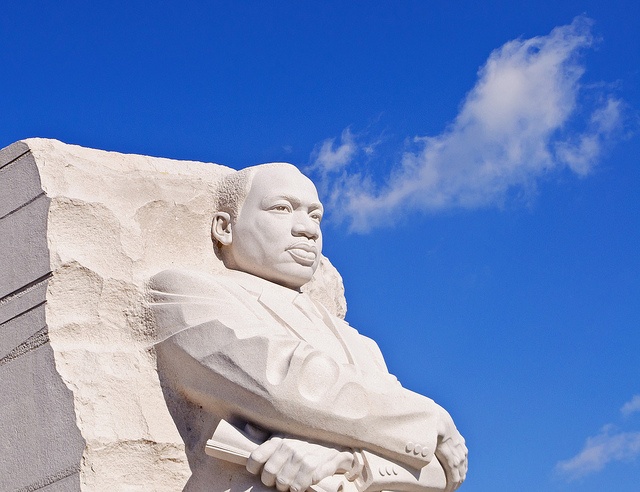“Privilege is when you think something is not a problem because it’s not a problem to you personally.” – David Gaider
“When you’re accustomed to privilege, equality feels like oppression.” – Author Unknown
Clyde Lloyd shared with me an encounter he had while attending a conference in a hotel. Heading down to the conference check-in area, he was alone in an elevator as it stopped to pick up another passenger. A woman looking at her cellphone entered. Upon glancing up, she stopped abruptly, then quickly exited the elevator murmuring, “Go ahead. I’ll wait for the next one.”










